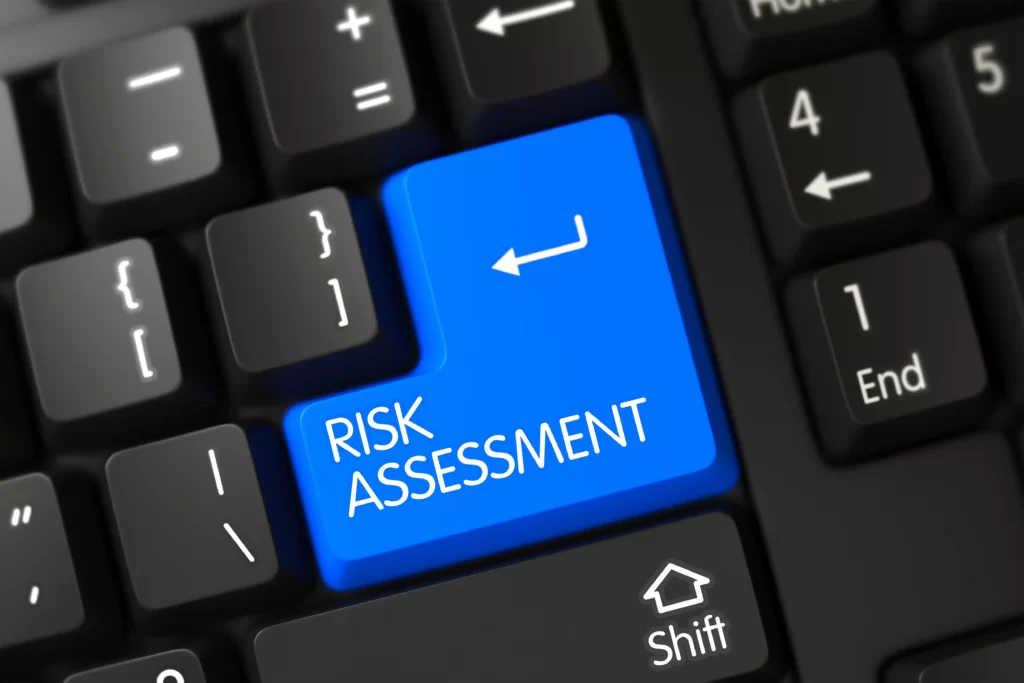What Are the SOC 2 Trust Principles?
Service Organization Control Type 2 is a voluntary compliance framework for service organizations like accounting and finance firms. The framework is a development from the American Institute of Certified Public Accountants, and its primary aim is to ensure that third-party service providers process and store client data securely. The certification and compliance process comprises an audit of the SOC 2 trust principles, each representing levels of protection and controls within an organization’s system.

What Are the SOC 2 Trust Principles?
Outside auditors issue the SOC 2 certification to compliant services. The auditors assess an organization’s level of compliance with the 5 trust principles of SOC 2: security, availability, processing integrity, confidentiality, and privacy. Each principle focuses on specific segments of an organization’s information security program.
1. Security
The security principle refers to the systems and tools in place to protect valuable and vulnerable resources. It is the most critical element of SOC 2 criteria and is a mandatory assessment of every audit. Auditors must review the use of security throughout the information’s life cycle: creation, use, processing, transmission, and storage.
SOC 2 auditors use nine common criteria to evaluate an organization’s security efforts. Of the nine criteria, five are most relevant to the COSO framework (a system essential to establishing controls for ethical and transparent business practices under industry standards):
The control environment
Clear communication and use of information
Processes to determine the efficacy of internal controls
Security design and implementation controls
The fundamental criterion of InfoSec programs, security, covers the measures an organization takes to prevent unauthorized access to systems and client information. SOC 2 auditors consider those measures and how effective they are. Some tools a company may use to protect information include intrusion detection software, firewalls, and authentication measures.
2. Availability
Of the SOC 2 trust principles, availability is the only one focused on network performance and operational uptime — the percentage of time equipment performs its intended function. The availability principle focuses on network performance monitoring and disaster recovery procedures; it also focuses on processes for handling security incidents, backup and data recovery policies, and business continuity plans for interruptions or breaches.
In assessing for availability, the auditors will use three criteria. First, they will determine how an entity evaluates, maintains, and monitors its current processing capacity. They will also look to see how the entity uses existing infrastructure, data, and software to manage capacity demand and meet objectives. Second, the auditors will assess how the entity implements, designs, and monitors environmental protections, such as software, recovery infrastructure, and data backup processes. Finally, auditors want to see how and how often testing occurs on recovery plans and supportive systems.
3. Processing Integrity
Processing integrity, as one of the SOC 2 trust principles, is not the same as data integrity. Instead, processing integrity addresses whether a system carries out its purpose, such as delivering correct data to the correct destination at the right time. Consequently, data must be accurate, authorized, complete, and valid.
To meet the qualifications for SOC 2 certification and compliance, a company must maintain all systems, ensuring they function as designed. The systems must be devoid of bugs, delays, errors, and vulnerabilities. Also, to ensure sustained functionality and reliability, a company must demonstrate quality assurance and performance monitoring practices and policies.
Financial service companies that expect to provide clients with accurate, consistent, and timely data should strive to achieve processing integrity. With it, clients can feel confident in the service’s ability to catch and correct errors rapidly if they occur.
4. Confidentiality
The confidentiality principle of the SOC 2 trust principles focuses on how an organization safeguards confidential information throughout its lifecycle. In the context of the SOC 2 principles, confidentiality refers to data restricted to specified individuals. Such information comprises intellectual property, financial data, business-sensitive details, and contractual commitments to clients and customers.
Companies that routinely deal with non-disclosure agreements or clients with confidentiality needs should include the Trust Services Criteria in their SOC 2 certifications. The TSC uses two criteria for auditing:
The company identifies, maintains, and secures confidential information per its confidentiality-related objectives.
The company disposes of confidential information thoroughly and in line with confidentiality-related objectives.
Organizations have several tools at their disposal to protect confidential data, including access control, encryption, and firewalls. Compyl monitors and secures client environments, storing data in secure databases with encryption and password protection for all assets, ensuring confidentiality and privacy when necessary.
5. Privacy
Privacy is the last of the SOC 2 trust principles, and while similar to confidentiality, it is not identical. The Privacy Management Framework is fundamental to creating a comprehensive information privacy program and is a revision of the Generally Accepted Privacy Principles of the AICPA. The principle addresses an organization’s collection, disclosure, disposal, use, and retention of Personal Identifiable Information. The TSC examines how a company protects PII against breaches and unauthorized access.
Where confidentiality deals with various types of information, privacy only applies to personal information and how companies handle and protect it. Some methods an organization can use to protect private information include encryption, two-factor authentication, and limiting the amount of customer information it collects.
SOC 2 principles focus on data security at every level. Each of the five principles exemplifies the goals of information security departments. SOC 2 certification helps organizations build trust with consumers and clients, resulting in greater market reach and profitability.
Free Security Assessment Today
How Can Compyl Help With SOC 2 Trust Principles and Certifications?
Compyl offers a streamlined path to SOC 2 certification by offering a scalable security solution that aligns with your goals. The platform assigns ownership and tracks the progress of every security process and task on the SOC 2 journey. With Compyl, the SOC 2 auditing process is accessible and organized. The platform offers:
- Automated evidence gathering
- Automated regulatory updates
- Multiple framework mapping
- Workflow automation
- Scaling with security
Request a demo to learn more about the benefits of Compyl for SOC 2 certification. Also, don’t hesitate to reach out with any questions about SOC 2 trust principles.




